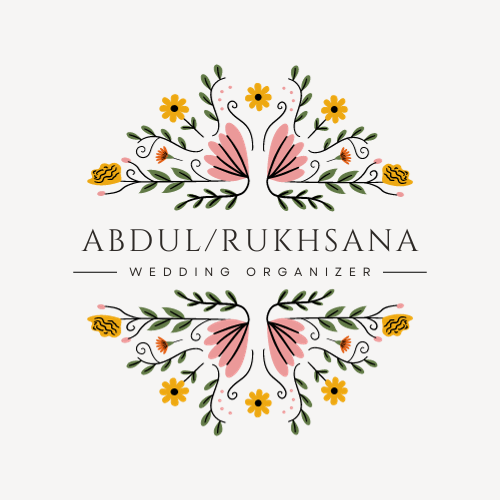
Muslim Marriage System
The Muslim marriage system, often referred to as "Nikah," is a significant and sacred institution in Islam. It is guided by Islamic principles and encompasses a series of steps and rituals that lead to the union of a man and a woman in a lawful and religiously recognized marriage.
Below is a description of the complete process of a Muslim marriage:
Choosing a Spouse (Istikhara): The process typically begins with an individual expressing their intention to marry and seeking Allah’s guidance through a special prayer called “Istikhara.” This prayer is meant to help determine if the intended marriage is in line with Allah’s will.
Matchmaking: Families or individuals may seek the assistance of matchmakers, matrimonial websites, or their social networks to find a suitable partner. Compatibility in terms of faith, values, character, and family background is often emphasized.
Proposal (Khutbah): Once a suitable match is found, a proposal is made by the groom or his family to the bride or her family. This proposal may involve a formal meeting or discussion between the two families to discuss the terms of the marriage.
Mahr (Dower): As part of the proposal, the groom offers a “mahr” or dower to the bride. The mahr is a mandatory gift given by the groom to the bride, symbolizing his commitment and responsibility. It can be a specified amount of money, possessions, or any other agreed-upon gift.
Acceptance (Ijab and Qabul): The marriage contract is formalized through a process of mutual consent known as “Ijab” (proposal) and “Qabul” (acceptance). The groom or his representative proposes, and the bride or her representative accepts the marriage contract in the presence of witnesses.
Marriage Ceremony (Nikah Ceremony): The Nikah ceremony is the core of the marriage process. It is conducted by an Islamic scholar, an Imam, or a religious authority. During the ceremony, the marriage contract is recited, which includes the names of the bride and groom, the mahr, and other legal terms. The couple and their witnesses sign the contract.
Duas and Blessings: Prayers and supplications are offered during and after the Nikah ceremony. These include blessings for the couple’s happiness, prosperity, and a harmonious married life.
Wedding Celebration (Walima): A “Walima” is a wedding banquet or feast hosted by the groom or his family to celebrate the marriage. It is a communal event where family and friends come together to congratulate the couple. The Walima may take place on a different day from the Nikah.
Post-Marital Advice and Support: Newlywed couples often seek advice and guidance from elders, religious scholars, or mentors on how to navigate their new life together according to Islamic principles.
Marriage Registration: Depending on the country and legal requirements, couples may need to register their marriage with the civil authorities to ensure it is legally recognized.
Marital Life: After the marriage ceremony, the couple is expected to fulfill their marital responsibilities and live together in accordance with Islamic principles, which include mutual respect, love, and support for each other.
The Muslim marriage system places a strong emphasis on the importance of faith, commitment, and family values. It is seen as a sacred covenant between two individuals, with Allah as a witness to their union. Islamic teachings guide every step of the process, from the initial intention to marry to the lifelong commitment to building a family based on love, respect, and faith.
